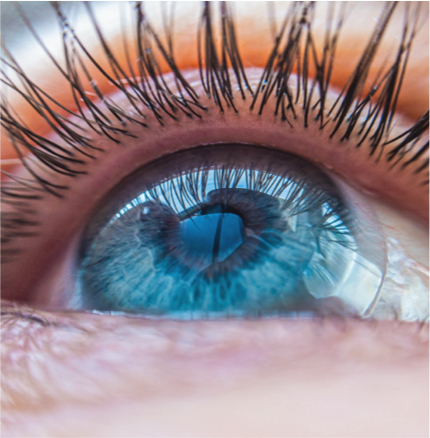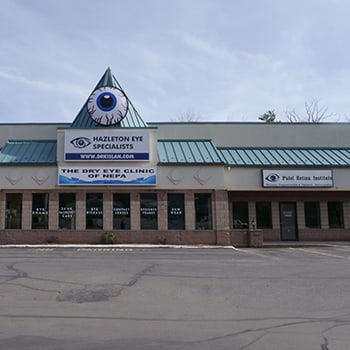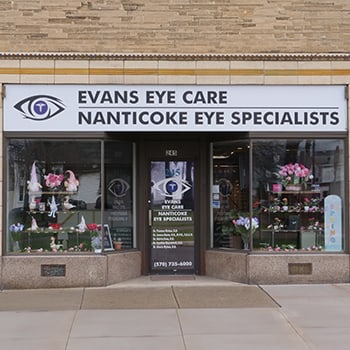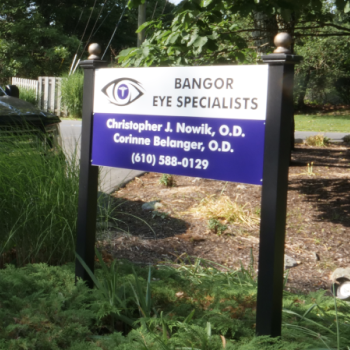Each year, June marks Cataract Awareness Month, a vital reminder to prioritize your eye health and stay informed about one of the leading causes of vision loss in adults—cataracts. At Hazleton, Stroudsburg, Pottsville, Nanticoke, and Bangor Eye Specialists, we’re committed to helping you see clearly for life, and that starts with education, prevention, and early detection.
What Are Cataracts?
Cataracts are a clouding of the eye’s natural lens, which can cause vision to become blurry, dull, or dim. While cataracts are most commonly age-related, they can also be caused by injury, certain medications, or underlying health conditions, such as diabetes.
Common Symptoms of Cataracts
Cataracts usually develop slowly and may not be noticeable right away. However, as they progress, you may notice:
- Cloudy, blurry, or dim vision
- Difficulty seeing at night
- Sensitivity to light and glare
- Fading or yellowing of colors
- Seeing “halos” around lights
- Frequent changes in your glasses or contact lens prescription
If you’re experiencing any of these symptoms, it may be time for a comprehensive eye exam.
Are Cataracts Treatable?
Yes! Cataracts are highly treatable with a safe and effective surgical procedure that replaces the clouded lens with a clear artificial one. Modern cataract surgery is one of the most common and successful procedures performed in the U.S., and many patients report significantly improved vision afterward.
At Hazleton, Stroudsburg, Pottsville, Nanticoke, and Bangor Eye Specialists, we offer modern options—including femtosecond laser-assisted surgery for enhanced precision and safety.
Patients can choose from multifocal, extended depth-of-focus, and toric lenses to reduce or even eliminate the need for glasses. For the most customized results, we now offer the light adjustable lens, which allows us to fine-tune your vision after surgery using specialized UV light treatments.
Who’s at Risk?
Cataracts can affect anyone, but some groups are at higher risk, including:
- Adults over age 60
- People with a family history of cataracts
- People with diabetes
- Smokers
- People with prolonged UV exposure (protect your eyes with sunglasses!)
What Can You Do?
Early detection is key. Cataracts often begin forming without noticeable symptoms, which is why regular eye exams are so important, especially as you age.
This Cataract Awareness Month, take the opportunity to:
- Schedule your annual eye exam
- Talk to your loved ones about cataract symptoms
- Wear sunglasses that block UV rays
- Maintain a healthy diet and lifestyle to support eye health
Ready to Take the First Step?
If you’ve been experiencing changes in your vision, or it’s just been a while since your last eye exam, we’re here to help. Contact us today to schedule a cataract screening or consultation.
Protect your sight today for a brighter tomorrow.























